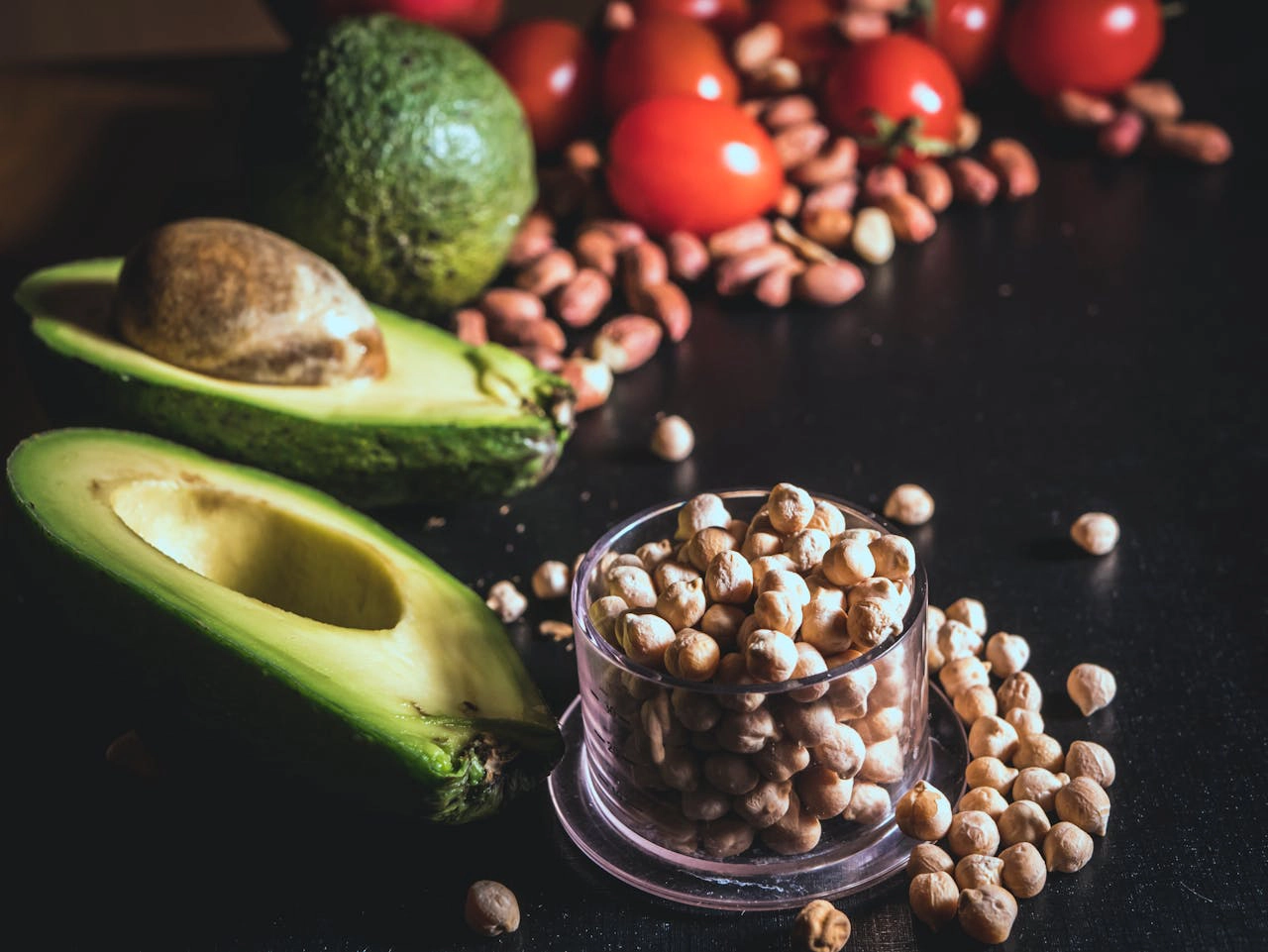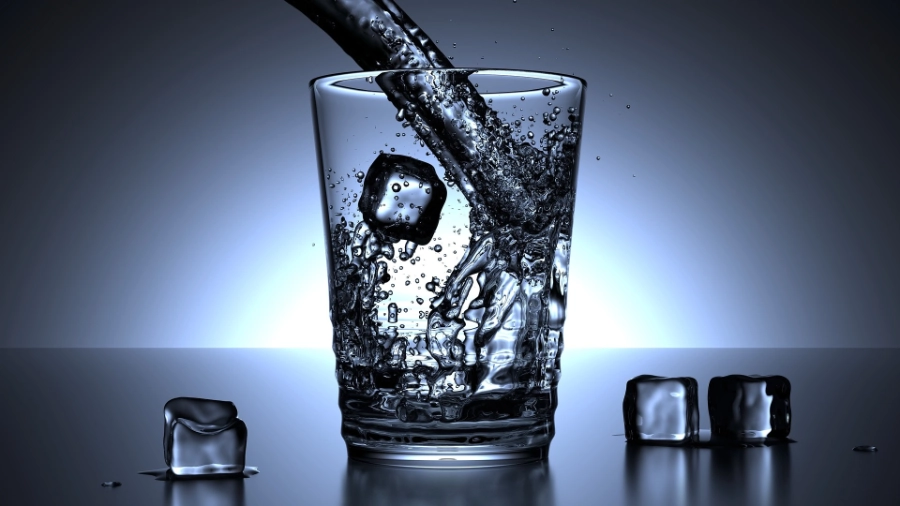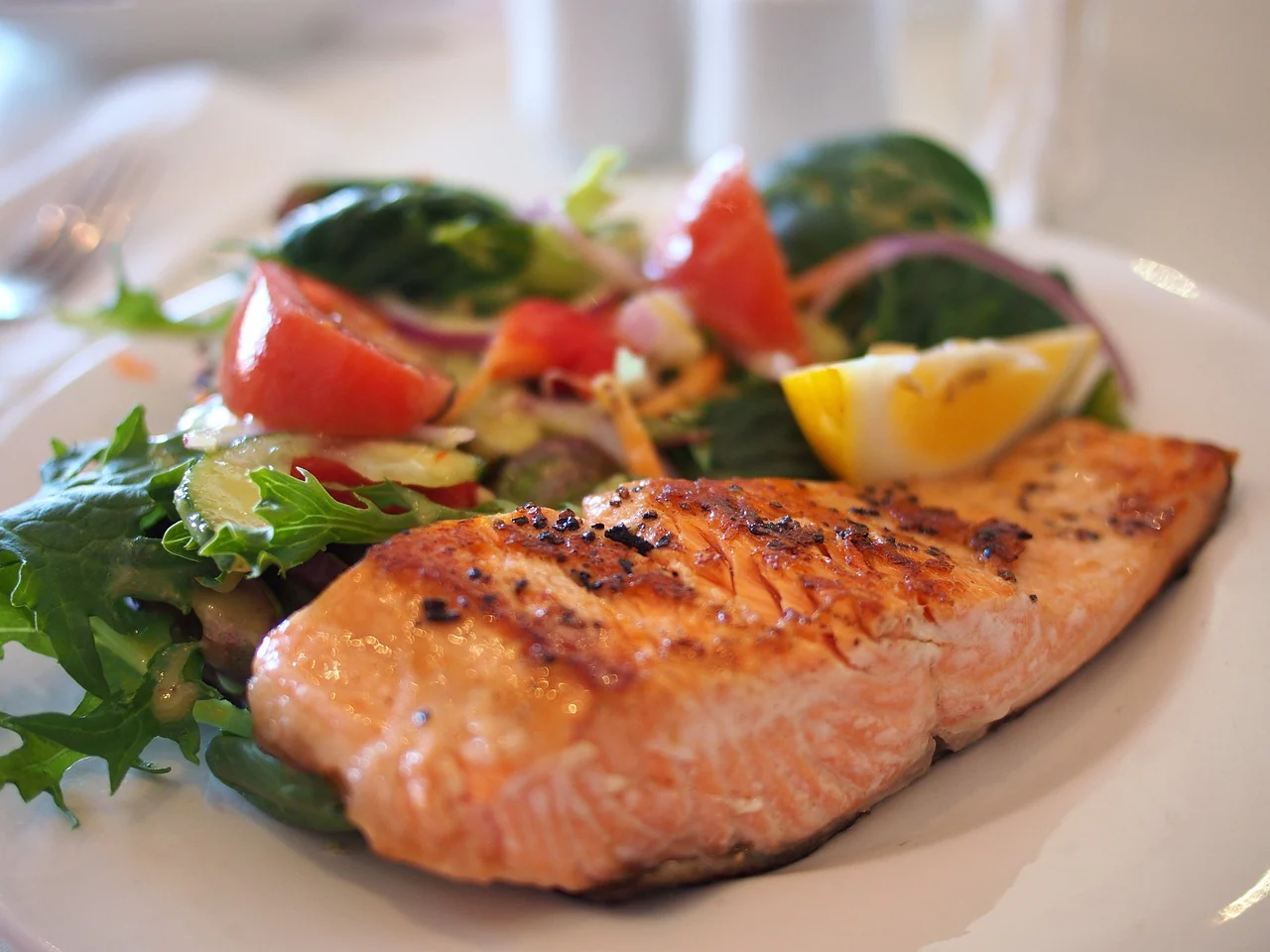
The Ketogenic diet, commonly known as the Keto diet, focuses on high-fat, moderate-protein, and low-carbohydrate intake to promote ketosis, a state where the body burns fat for fuel instead of glucose. Here, we provide a detailed list of allowed and disallowed foods and drinks, including alcoholic beverages, supported by scientific research.
Allowed Foods and Drinks
1. Fats and Oils
- Butter and ghee
- Coconut oil
- Olive oil
- Avocado oil
- Lard and tallow
- MCT oil
Scientific Basis
Dietary fats are essential in a Keto diet as they help maintain ketosis by providing the primary energy source. Research indicates that replacing carbohydrates with fats can improve metabolic health (Kosinski & Jornayvaz, 2017).
2. Proteins
- Meat (beef, pork, lamb)
- Poultry (chicken, turkey, duck)
- Fish (salmon, trout, mackerel, sardines)
- Shellfish (shrimp, crab, lobster)
- Eggs
Scientific Basis
Adequate protein intake supports muscle maintenance and satiety without disrupting ketosis. Studies show that high-protein, low-carb diets can aid in weight management and metabolic health (Paoli et al., 2013).
3. Low-Carb Vegetables
- Leafy greens (spinach, kale, lettuce)
- Cruciferous vegetables (broccoli, cauliflower, cabbage)
- Zucchini
- Bell peppers
- Asparagus
- Avocado
- Mushrooms
Scientific Basis
Low-carb vegetables provide essential vitamins, minerals, and fibre while keeping carbohydrate intake minimal. These foods help in maintaining overall health without impacting ketosis (Westman et al., 2007).
4. Dairy Products (Full-Fat)
- Cheese (cheddar, mozzarella, blue cheese)
- Heavy cream
- Sour cream
- Cream cheese
- Greek yogurt (unsweetened)
Scientific Basis
Full-fat dairy products are low in carbs and high in fats, making them suitable for Keto. They also provide calcium and other nutrients important for bone health (Gómez-Gallego et al., 2017).
5. Nuts and Seeds
- Almonds
- Walnuts
- Pecans
- Macadamia nuts
- Chia seeds
- Flaxseeds
- Pumpkin seeds
Scientific Basis
Nuts and seeds offer healthy fats, fibre, and protein, contributing to satiety and nutritional balance on a Keto diet (Forsythe et al., 2008).
6. Beverages
- Water (still or sparkling)
- Coffee (black or with added fat like butter or MCT oil)
- Tea (unsweetened)
- Bone broth
Scientific Basis
Staying hydrated with carb-free beverages is crucial. Studies suggest that coffee and tea can enhance metabolism and support overall health (Van Dam et al., 2005).
7. Other
- Berries (in moderation: strawberries, raspberries, blackberries)
- Coconut milk and almond milk (unsweetened)
- Dark chocolate (high cocoa content, 70% or higher)
Scientific Basis
Berries and dark chocolate, when consumed in moderation, provide antioxidants and fibre without significantly impacting ketosis (Basu et al., 2010).
Disallowed Foods and Drinks
1. High-Carb Foods
- Grains (wheat, rice, oats, corn)
- Bread and pasta
- Cereals
- Baked goods (cakes, cookies, pastries)
- Sugar and honey
- Potatoes and sweet potatoes
- Legumes (beans, lentils, chickpeas)
- Most fruits (bananas, apples, oranges, grapes)
Scientific Basis
High-carb foods increase blood glucose levels, disrupting ketosis and preventing fat burning. Studies show that reducing carbohydrate intake is essential for maintaining ketosis (Volek & Phinney, 2012).
2. Sugary Foods and Drinks
- Soda
- Fruit juices
- Candy and chocolate bars
- Ice cream
- Sweetened yogurt
Scientific Basis
Sugary foods and drinks can spike insulin levels and add excessive carbohydrates, impeding the body’s ability to stay in ketosis (Ludwig, 2002).
3. Processed Foods
- Processed meats with added sugars (certain sausages, deli meats)
- Fast food items (burgers with buns, fried chicken)
- Snack foods (chips, pretzels)
Scientific Basis
Processed foods often contain hidden carbs and unhealthy fats that can disrupt ketosis and overall health (Monteiro et al., 2018).
4. Low-Fat and Fat-Free Products
- Low-fat dairy products
- Low-fat margarine and spreads
- Diet products with hidden sugars
Scientific Basis
Low-fat products usually compensate with added sugars and carbs, which are counterproductive in a Keto diet (Gomez-Pinilla, 2008).
5. Unhealthy Fats
- Margarine
- Vegetable oils (corn oil, soybean oil, sunflower oil)
- Trans fats (found in some processed foods)
Scientific Basis
Unhealthy fats can lead to inflammation and other health issues. It’s important to focus on healthy fats that support ketosis and overall well-being (Mozaffarian et al., 2006).
6. Alcoholic Beverages
- Beer
- Sweetened cocktails
- Sugary mixed drinks
Scientific Basis
Alcoholic beverages high in carbs can disrupt ketosis. Studies suggest moderation and choosing low-carb options (Bujanda et al., 2008).
Exploring Alcohol on a Ketogenic Diet
Allowed Alcoholic Beverages
Dry Wines: Red and white wines typically contain fewer carbs (approx. 3-4 grams per serving).
Champagne/Sparkling Wine: Usually low in carbs.
Hard Liquors: Whiskey, vodka, gin, tequila, rum (straight or mixed with carb-free mixers).
Scientific Basis
Moderate consumption of low-carb alcoholic beverages may not significantly impact ketosis. It’s important to monitor intake as alcohol can affect metabolism and judgment (Gepner et al., 2015).
Disallowed Alcoholic Beverages
Beer: High in carbs, typically 10-20 grams per serving.
Sweet Wines and Cocktails: Contain added sugars and high carbohydrate content.
Scientific Basis
High-carb alcoholic beverages can prevent the body from maintaining ketosis, disrupting the diet’s effectiveness (Bujanda et al., 2008).
Summary
The Ketogenic diet emphasizes high-fat, moderate-protein, and low-carbohydrate intake to induce ketosis. It allows for a variety of nutrient-dense foods while avoiding high-carb and sugary items. When considering alcohol, opting for low-carb choices in moderation can fit within a Keto lifestyle. Always consult with a healthcare professional before making significant dietary changes.
References
- Kosinski, C., & Jornayvaz, F. R. (2017). Effects of Ketogenic Diets on Cardiovascular Risk Factors: Evidence from Animal and Human Studies. Nutrients, 9(5), 517.
- Paoli, A., Rubini, A., Volek, J. S., & Grimaldi, K. A. (2013). Beyond weight loss: a review of the therapeutic uses of very-low-carbohydrate (ketogenic) diets. European Journal of Clinical Nutrition, 67(8), 789-796.
- Westman, E. C., Yancy, W. S., Mavropoulos, J. C., Marquart, M., McDuffie, J. R., & McKenzie, A. (2007). The effect of a low-carbohydrate, ketogenic diet versus a low-glycemic index diet on glycemic control in type 2 diabetes mellitus. Nutrition & Metabolism, 5, 36.
- Gómez-Gallego, C., Gómez-García, J., & Mateos, J. A. (2017). Dietary strategies of successful body weight loss maintenance. Nutrients, 9(5), 491.
- Forsythe, C. E., Phinney, S. D., Fernandez, M. L., Quann, E. E., Wood, R. J., Bibus, D. M., … & Volek, J. S. (2008). Comparison of low fat and low carbohydrate diets on circulating fatty acid composition and markers of inflammation. Lipids, 43(1), 65-77.
- Van Dam, R. M., Hu, F. B., & Willett, W. C. (2005). Coffee, caffeine, and health. The New England Journal of Medicine, 353(3), 296-308.
- Basu, A., Rhone, M., & Lyons, T. J. (2010). Berries: emerging impact on cardiovascular health. Nutrition Reviews, 68(3), 168-177.
- Volek, J. S., & Phinney, S. D. (2012). The Art and Science of Low Carbohydrate Performance. Beyond Obesity LLC.
Disclaimer:
This information is for informational purposes only and is not intended to be a substitute for professional medical advice. Always consult with your doctor or healthcare provider before adding new supplements to your routine.


